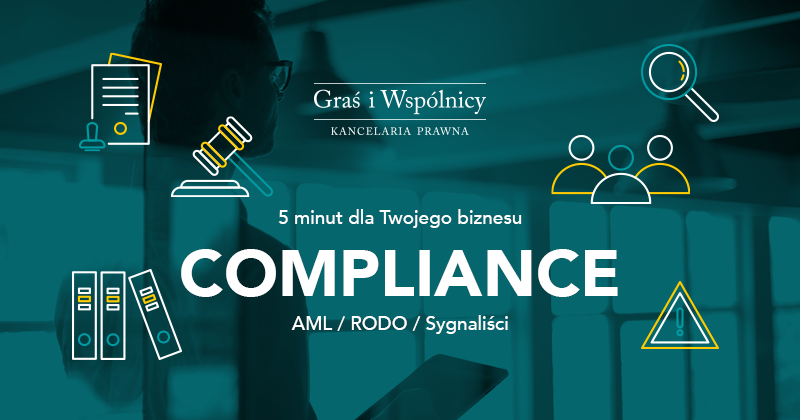
On Sunday, 59.2 million German citizens will elect 630 MPs in 299 constituency. The vote will begin at 8 p.m. and end at 6 p.m. Early elections are a consequence of the dissolution of the government coalition of the SPD, Greens and Liberals (FDP) in November 2024.
According to fresh polls, the block of Chadetic organization (CDU/CSU) has a chance to return to power, and its leader Friedrich Merz leads the race for Chancellor's seat. Support for chadeks is about 30 percent. Behind them lies the far right AfD, for which about 20 percent of Germans want to vote. However, the chances of AfD entering the future government are slim due to the fact that another parties exclude cooperation with it.
The creation of a government coalition of Scholza-SPD, Greens and Liberals (FDP) has harmed these groups, as they are likely to get less mandates than 4 years ago. Social Democrats can now number on the support of about 15%, Greens – 13 percent, and Liberals (FDP) are fighting to exceed the 5% electoral threshold (4%).
The election run is marked by the Left Party, which has gained 3-4 percent points in the last 3 weeks. According to fresh forecasts, it is supported by about 9 percent of voters.
In the context of possible post-election coalitions, it is primarily referred to the return of the alleged large Coalition (the chadetia council of the SPD) and the alliance of chadecia with the SPD and the Greens (the alleged Kenyan coalition).
Elections to the Bundestag are held all 4 years. The first exit poll forecasts will be published shortly after the closing of the polling stations. About 42 percent of all German voters are at the age of 60 or more. Compared to the election to the Bundestag in 2021, the age distribution changed in favour of older voters.
Among the oldest voters the most popular are the alleged old parties, i.e. the SPD (34%) and the chadecia (CDU/CSU; 33%). In turn, the youngest choose primarily Green (23%) and Liberals from the FDP (21%). According to research, people under the age of 18 who are not yet allowed to participate in the Bundestag elections support primarily the Left Party.
Germany can vote by correspondence; this is an increasingly popular form of election. There is no voter silence in Germany. 29 parties compete in the Sunday parliamentary elections, little than 4 years ago. He's moving for 4,506 people, over 2 thirds men. Candidates are 45.3 years old on average.
The voting strategy is mixed – majority and proportional. Each voter has 2 votes: 1 straight casts a candidate from his constituency and the another a organization list of candidates in the national state.
The leading candidates of the German parties are: Friedrich Merz (CDU/CSU), Olaf Scholz (SPD), Robert Habeck (Greens), Alice Weidel (AfD), Heidi Reichinnek and Jan von Aken (Levice), Christian Lindner (FDP) and Sahra Wagenknecht (BSW).
Once the authoritative results are announced, coalition talks will begin, which may take respective weeks or even months. In Germany, unchangeable majority governments are traditionally sought, which means that an agreement must be reached between the parties. The fresh Bundestag will meet for the first time in early March, and the chancellor will be elected by parliament only after the government is formed.
According to the German media, elections will have a crucial impact on the future of Germany and Europe. The results of the elections will besides affect Europe's economy and policy. Germany is the largest economy in the European Union and their elections will have a crucial impact on Europe's future.
Read more:
Elections in Germany: Who Will Win?












